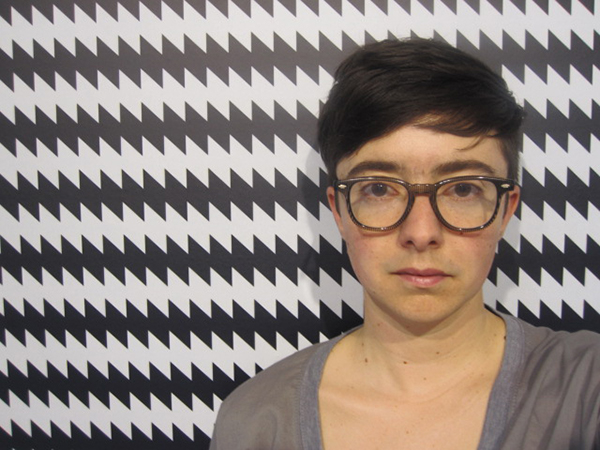

Things are not always as black and white as they may appear and sometimes people are forced to look beyond societal constructs. A recent queer studies lecture encouraged people to do just that.
On Friday, April 20, Dean Spade, transgender attorney, activist and professor of sociology at the Seattle University of Law, stirred the New Paltz community with a talk in Lecture Center 102 on his recent book, “Normal Life: Administrative Violence, Critical Trans Politics and the Limits of Law.”
The lecture was sponsored by the Women’s Studies Department, Sociology Department, Queer Action Coalition, , the dean of Liberal Arts and Sciences, Campus Auxiliary Service and the Department of Academic Affairs.
“Normal Life,” published in 2011 by South End Press, challenges current, mainstream gay rights movements and how most evident gay and lesbian rights throughout the last decade failed to confront societal constructs such as racism, capitalism, poverty, immigration and criminalization, Spade said.
According to The Huffington Post article, “What’s Wrong With Gay Rights?” Dean Spade Addresses the Problem in ‘Normal Life,’” Spade’s book is “a rethinking of desires for inclusion in marriage, the military, the Census and the police force. Spade argues that by fighting for acceptance in these institutions, the power of those systems is enhanced — the very systems designed to marginalize the most vulnerable members of the transgender community, low-income people and people of color.”
Spade said he wrote the book based on his experience as a nonprofit lawyer providing free legal services to transgender, lesbian, gay and gender non-conforming people under the
Silvio-Rivera Law Project (SRLP), created in 2002.
“I started the SRLP project to provide free legal help. It works to build trans resistance that is anti-racist and anti-capitalist,” Spade said.
Clients Spade worked with in the past were unable to find work due to discrimination and violence, according to the article. Desperate and starving, they turned to illegal work such as prostitution.
Spade wrote in his book: “[My clients] had no hope of finding legal employment because of the bias and violence they faced, and therefore turned to a combination of public benefits and criminalized work — often in the sex trade — in order to survive. This meant constant exposure to the criminal justice system, where they were inevitably locked into gender segregated facilities that placed them according to birth gender and exposed them to further violence.”
Sociology and Women’s Studies Professor Karl Bryant said he has known Spade professionally for 10 years and has followed his work and taught it in his classes.
Bryant said Spade is a “prisoner abolitionist.”
“[Spade] critically reviews society’s approach to organizations such as capitalism and the criminal justice system which doesn’t provide a remedy,” Spade said.
Mainstream LGBTQ organizations pitch that they are equal to everyone else and deserve the same rights, Bryant said. Contrary to popular belief, this is incorrect. In fact, the LGBTQ community has different needs than what societal constructs can offer, Bryant said.
“This is the wrong approach. We need to think about how we are different. Dean says there is a radical history that shows queer politics is different. It is based around a long history of queer people who have non-monogamous, open relationships. It argues everyone should have health care and other rights despite marital status,” Bryant said.
Sarah Pepe, a fourth-year Women’s Studies major, said Spade’s lecture made her think about the U.S. criminal justice system in a new light. She said after hearing him speak she would like to read up on prison abolition.
Pepe said within the LGBTQ community, equality is not extended to all members.
“I think large parts of the LGBTQ community are well accepted compared to even 10 or 20 years ago, but the most marginalized parts of this community [i.e. trans people from all walks of life and LGBTQ folks who are poor/disabled/of color, etc.] still have a long way to go,” Pepe said.
In the future, Spade said he wants to see a transition in the societal structures.
“I am hoping we can build queer and trans politics with no police, no prisons, no borders and no poverty,” Spade said.
